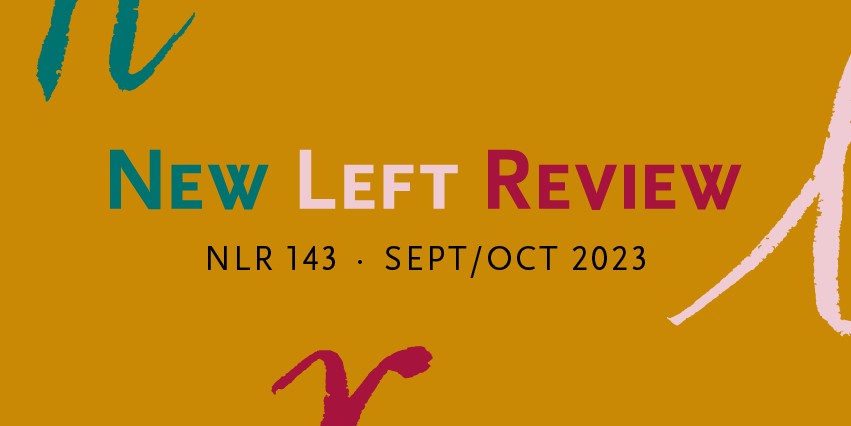Sublime
An inspiration engine for ideas
Seemingly contradictory calls to lock up and to save Black people dueled in legislatures around the country but also in the minds of Americans. Black leaders joined with Republicans from Nixon to Reagan, and with Democrats from Johnson to Bill Clinton, in calling for and largely receiving more police officers, tougher and mandatory sentencing, and
... See moreIbram X. Kendi • How to Be an Antiracist
Perry Anderson, The Standard of Civilization, NLR 143, September–October 2023
Perry Andersonnewleftreview.org
The middle-class African American enclave of Liberty City began to change earlier, in the 1960s, when I-95 was built right through Overtown, displacing residents. And as a result of changes wrought by the civil rights movement, middle-class Black people started to move into neighborhoods previously covered by racially restrictive covenants that had
... See moreImani Perry • South to America: A Journey Below the Mason-Dixon to Understand the Soul of a Nation
the history of ethnic racism, of African Americans commonly degrading Africans as “barbaric” or routinely calling West Indians in 1920s Harlem “monkey chasers”—or when I remembered my own taunts of Kwame back in eighth grade—I tried not to run away from the hypocrisy, either. How can I get upset at immigrants from Africa and South America for looki
... See moreIbram X. Kendi • How to Be an Antiracist
Were these works ever truly concerned by justice to begin with? Or were they simply enamored with and appropriative of its language—its culture, its aesthetic, its narrative style? Oppression chic, equalitycore.
Elaine Castillo • How to Read Now: Essays
Cara Blue Adams • Infra-ordinary People | Cara Blue Adams
One of the main ways art can disrupt the carceral imagination is by refuting the eugenic classification and fragmentation of people—desirable or deplorable, worthy or disgraced, precious or superfluous. Art can remind us who we are beyond the trappings of privilege or prison.
Ruha Benjamin • Imagination: A Manifesto (A Norton Short)

Eviction affects the old and the young, the sick and able-bodied. But for poor women of color and their children, it has become ordinary. Walk into just about any urban housing court in America, and you can see them waiting on hard benches for their cases to be called. Among Milwaukee renters, over 1 in 5 black women report having been…
Some highlig